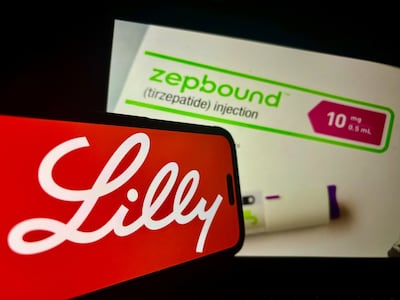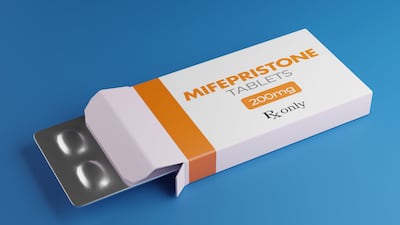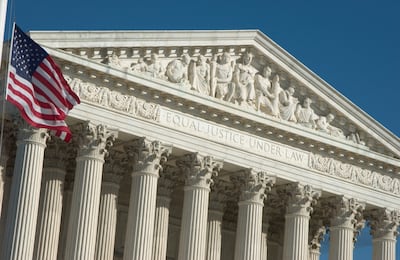
Litigation
Acadia’s Nuplazid for hallucinations and delusions associated with Parkinson’s disease psychosis appears safe from generic competition until well into the next decade, following a favorable infringement and validity decision by a US district court.
Bridget Dooling, a law school professor who reviewed draft regulations from the FDA and other agencies as an OMB attorney, said prior federal court decisions suggest judges typically defer to agency decisions based in science.
The verdict by the Unified Patent Court in the dispute between Sanofi/Regeneron Pharmaceuticals and Amgen explains what companies should look out for when deciding whether infringement has taken place when it comes to second medical use patents.
A US Supreme Court ruling in favor of the agency in an e-cigarette case has implications for drugs and other medical products as the justices decided not to disturb the FDA’s ‘change in position’ authority, while also creating a complex new landscape.
With an FDA review ongoing, Kennedy’s admission, made during a Senate hearing on the Health and Human Services Department’s budget request, suggests political officials could supersede scientific decisions.
The Trump Administration requested a dismissal or transfer of a lawsuit seeking to tighten the safety requirements for the abortion pill mifepristone on procedural grounds, which still leaves the administration's position on the case's merits unclear.
Viatris joined Hikma and Amneal, in signing agreements for cash settlements that resolve allegations its practices fueled the US’ deadly opioid epidemic.
Eli Lilly is seeking an injunction barring a weight loss clinic from dispensing modified versions of its GLP-1 products.
Filing in the Whole Women’s Health mifepristone case defends the FDA’s 2023 decision on the abortion pill safety program, but experts warn it does not necessarily signal the Trump Administration position in other mifepristone cases attempting to restrict medication abortion access.
Teva was forced to delist its ProAir HFA inhaler patents from the FDA’s Orange Book by mid-March after the Federal Circuit denied its petition for en banc rehearing. Will the Supreme Court listen?
An HHS legal brief argues company lawsuits seeking immediate clearance to use rebates in 340B are premature and that the department has merely used a ‘measured approach’ in weighing the possibility. Past experience suggests otherwise, a pricing expert said.
The Health and Human Services Department's decision to eliminate the Richardson Waiver may be a blow for transparency, but will not completely eliminate scrutiny of regulations, experts said.
President Trump’s CDC director nominee was pulled after vaccine positions appeared too extreme for some Republicans, but the nominations to lead the FDA and NIH advanced to the Senate floor despite last-minute drama.
A lengthy notice-and-comment rulemaking process is not congruent with the congressional mandate to keep an up-to-date list of drugs in short supply, US judge said, denying compounders' request to stay removal of the GLP-1 tirzepatide from the shortage list.
Acting Commissioner Sara Brenner rejected the company’s request for a hearing, saying the lack of an adequate and well-controlled trial showing tasimelteon's effectiveness in treating sleep-onset insomnia is “fatal to the application.”
In its latest legal case, Vanda lost its case against the FDA and Teva over the alleged unlawful approval of the Israeli firm’s generic Hetlioz.
A declaratory order removing semaglutide from the FDA shortages list duplicates much of the language in a December decision still in litigation that declared Eli Lilly’s tirzepatide products Mounjaro and Zepbound were no longer in shortage.
Clinical trial draft guidance webpages are back online following a court order, but with new language disclaiming any information promoting gender ideology as "extremely inaccurate."
The US FDA says in a legal memo that its new guidance on scientific information on unapproved uses (SIUU) is “speech-enabling” and argues that challenges should be interpreted as attempts to roll back the approval process.
A federal judge granted Doctors for America’s motion for a temporary restraining order directing the FDA and CDC to restore information removed from the agencies’ websites to comply with a presidential executive order targeting “gender ideology extremism.”



















